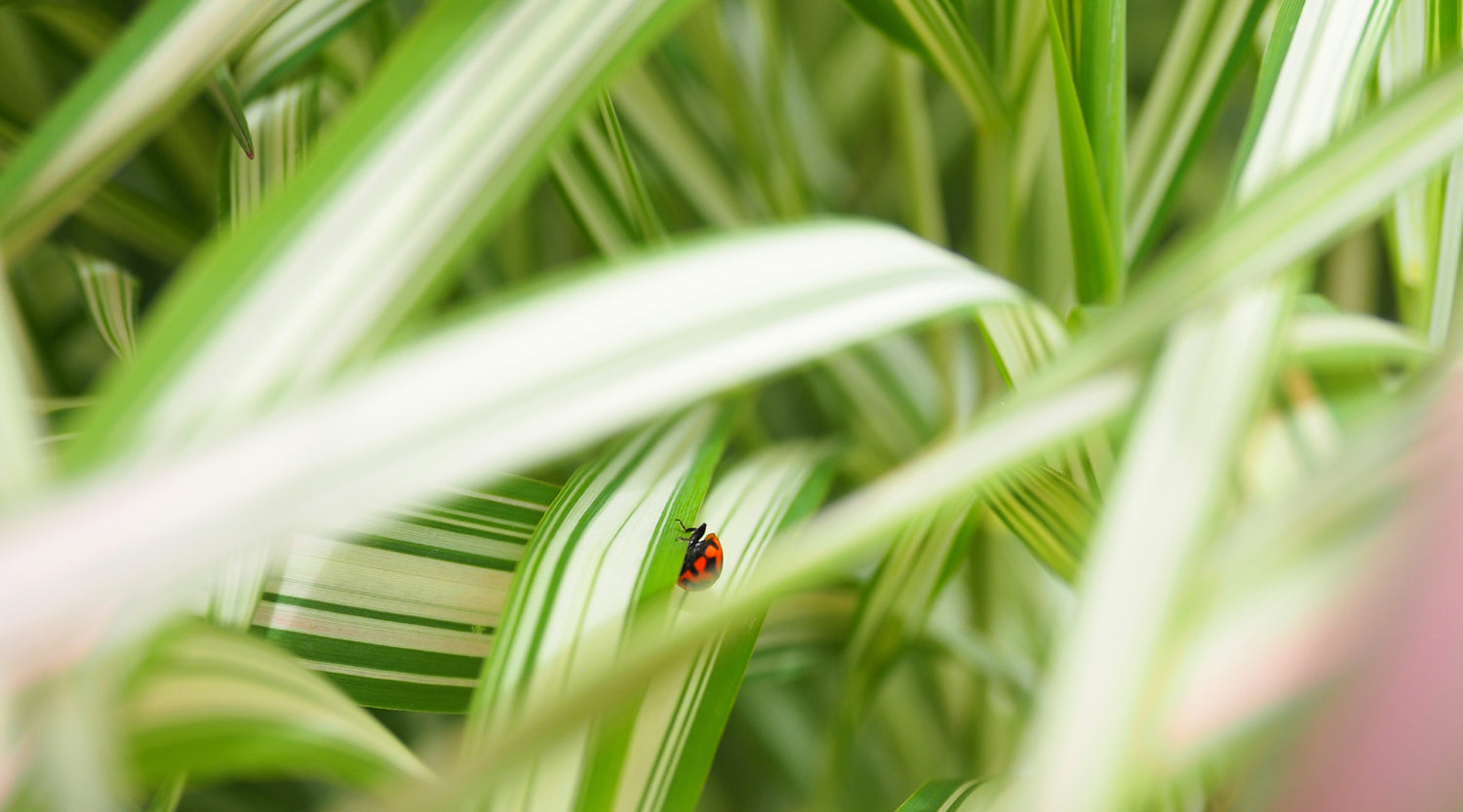Home
>
We Know Water Gardens Blog
>
Preparing Your Pond Fish for Winter in Australia: A Comprehensive Guide
Preparing Your Pond Fish for Winter in Australia: A Comprehensive Guide
on May 12, 2023
 As the weather cools down in Australia, it's important to start thinking about how to protect your pond fish from the harsh winter conditions.
As the weather cools down in Australia, it's important to start thinking about how to protect your pond fish from the harsh winter conditions.From adjusting their diet to ensuring proper water quality, this guide will provide you with all the information you need to prepare your fish for the colder months ahead.
Monitor Water Temperature and Quality.
One of the most important steps in preparing your pond fish for winter is to monitor the water temperature and quality. As the temperature drops, the metabolism of your fish will slow down, which means they will require less food and produce less waste.
However, it's important to maintain good water quality to prevent any harmful toxins from building up in the pond. Use a thermometer to monitor the water temperature and consider investing in a water testing kit to ensure the pH and ammonia levels are within a safe range.
Adjust Feeding Habits.
As the temperature drops, your pond fish's metabolism will slow down, which means they will require less food. Overfeeding your fish during the winter months can lead to health problems and poor water quality. As a general rule, you should feed your fish once a day, and only give them enough food that they can consume within five minutes.
If there is any uneaten food after this time, remove it from the pond to prevent it from decomposing and polluting the water. You may also want to consider switching to a lower protein food during the winter months, as this will be easier for your fish to digest.
Install a pond pump or filter
Installing a pond pump or filter is crucial for maintaining good water quality during the winter months. As the temperature drops, the water in your pond will become colder and denser, which can lead to poor circulation and oxygen levels. A pond pump or filter will help to keep the water moving and oxygenated, which is essential for the health of your fish.
Be sure to clean and maintain your pump or filter regularly to ensure it is working effectively. Additionally, consider adding a pond heater to prevent the water from freezing over completely, which can be harmful to your fish.
Provide Adequate Shelter and Cover.
As the temperature drops, it's important to provide your pond fish with adequate shelter and cover to protect them from the cold.
This can include adding plants such as Creeping Jenny, rocks, and other structures to your pond that provide hiding places for your fish. You can also consider adding a floating island or a fish cave to provide additional shelter. Be sure to clean and maintain these structures regularly to prevent the buildup of debris and harmful bacteria. Additionally, consider adding a net over your pond to prevent leaves and other debris from falling in and contaminating the water.
Allow your pond fish to slow down over winter
As the temperature drops, your pond fish will naturally slow down and become less active. This is a normal response to the colder water temperatures. It's important to allow your fish to slow down and conserve their energy during this time. In fact, trying to keep your fish active during the winter by feeding them more or raising the water temperature can actually be harmful to their health.
During the winter, fish tend to become less active and may even appear to be lethargic. This is a natural response to the colder water temperatures, which slow down their metabolism and reduce their energy levels. It is essential to ensure that they have enough oxygen in the water to breathe, but beyond that, it is best to leave them be and let them go through their natural process of slowing down and conserving energy.
You can help support your fish during the winter by ensuring that their pond is well-maintained, with clean and oxygenated water, and adequate protection from the cold. This includes keeping the pond free of debris and ensuring that any pumps or filters are working properly. Providing some cover, such as plants or a sheltered area, can also help protect them from the worst of the winter weather.
Avoid feeding them as much or as often as you would during the warmer months, as their metabolism will slow down and they won't require as much food. Be sure to monitor your fish regularly and adjust their feeding schedule as needed.
Should fish be fed as normal during winter?
As winter approaches in Australia, it's important to prepare your pond fish for the colder temperatures. One way to do this is by adjusting their feeding habits in the autumn. Autumn is the time to reduce their feed gradually. When the temperature drops below 10°C, you can stop feeding them until spring. This will help them conserve energy and build up their fat reserves for the winter months.
Will the fish be in danger if the pond surface completely freezes over?
If your pond is well-maintained with a fountain or filter, there's no need to worry about the surface of the water freezing over. However, if your pond is poorly maintained, it could be dangerous for your fish. Poorly maintained ponds can lead to a lack of oxygen in the water and the development of fermentation gases that can't be removed. If your pond is well-maintained, this shouldn't be a problem unless the ice lasts for an extended period of time. In general, a layer of ice on the water is not a danger to your fish.
© weknowwatergardens 2023
Share



